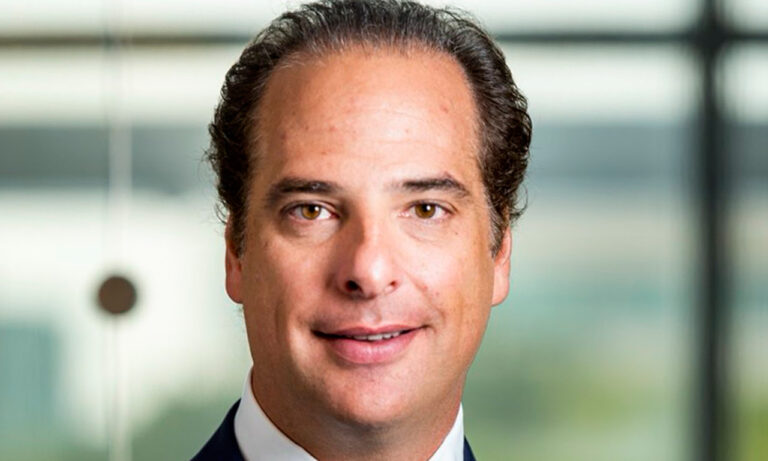Key Takeaways:
- Exploration of whistleblower laws as fundamental instruments of corporate integrity.
- The balancing act between the potential risks and rewards for whistleblowers.
- Future perspectives on the evolution of whistleblower laws and practices.
Table of Contents:
- Introduction to Whistleblower Laws
- The Impact of Whistleblowing on Companies and Employees
- Key Whistleblower Legislation
- The Process of Whistleblowing
- Challenges Faced by Whistleblowers
- Case Studies: Whistleblowers Making a Difference
- Rewards and Risks: A Closer Look at Whistleblower Incentives
- Whistleblower Policies in the Workplace
- Global Perspective on Whistleblower Laws
- The Future of Whistleblowing
Introduction to Whistleblower Laws
Whistleblower laws are designed to provide a safe harbor for individuals who disclose corporate malfeasance, covering a range of actions from financial improprieties to violations of public trust. Central to whistleblower protection is the belief that individuals should not face adverse consequences for their disclosures when acting out of a duty to uphold the law and public interest. Protected disclosures are magnified in an era where corporate actions can impact the economy, environment, and society.
For those who find themselves aware of potential wrongdoing, the support of a well-versed whistleblower lawyer can be a crucial asset. Such legal experts help navigate the web of legislation designed to protect and, at times, reward the act of coming forward.
The Impact of Whistleblowing on Companies and Employees
When news of whistleblowing becomes public, companies may first feel the sting of scandal and face punitive financial repercussions, ranging from fines to dramatic stock price drops. However, this is often just the starting point for long-term improvements in corporate governance. Whistleblower actions are a wake-up call, prompting companies to reassess and fortify their ethical frameworks, thereby preventing future misconduct. These cases help establish a precedent that unethical or illegal behavior will face exposure and consequences.
For employees, the act of whistleblowing is a daunting endeavor. While it’s a path lined with potential for retribution and justice, it’s equally fraught with risks of retaliation—such as demotion, ostracization, and even termination. Nevertheless, whistleblower statutes, such as the Sarbanes-Oxley and Dodd-Frank Acts, mitigate these risks, offering substantial legal protections and, in some instances, financial rewards.
Key Whistleblower Legislation
The landscape of whistleblower legislation in the United States is anchored by critical laws that define and protect those who report wrongdoing. The Sarbanes-Oxley Act of 2002, enacted in the wake of corporate financial scandals, is one such law that extends protection to employees of publicly traded companies. Similarly, the Dodd-Frank Act empowers individuals to report securities violations while offering monetary incentives for information leading to successful enforcement action. Together, these measures create a robust legal framework that supports ethical behavior.
The Process of Whistleblowing
The typical whistleblower’s journey begins with the observation of actions that are either unlawful or grossly unethical. Deciding to report these observations often requires immense moral fortitude and belief in the efficacy of whistleblower protections. A meticulous investigation is initiated following a report to authenticate claims and determine the appropriate action. Whistleblowers can and often do utilize anonymity provisions to shield themselves from potential blowback during these investigations. It’s a delicate process that justice depends upon.
Challenges Faced by Whistleblowers
Despite the protections, whistleblowers often bear the brunt of their decision to come forward. The physical and emotional toll includes facing hostility from peers and retribution from employers, ranging from subtle intimidation to overt disciplinary action or dismissal. However, they are far from alone in their journey. Resources such as legal advice from a whistleblower lawyer, emotional support from NGOs, and, sometimes, financial assistance are available to help navigate the troubled waters they may find themselves in.
Case Studies: Whistleblowers Making a Difference
Historically, numerous whistleblowers have caused waves by casting light on some of corporate history’s most egregious violations of trust and ethics. These individuals, often at significant personal risk and sacrifice, have paved the way for substantial reforms. Their actions have held companies accountable and prompted legislative bodies to strengthen laws and create more robust systems for future whistleblowers to come forward confidently.
Rewards and Risks: A Closer Look at Whistleblower Incentives
Many whistleblower laws stipulate not just protections but also rewards. The possibility of financial compensation can serve as a significant inducement for reporting wrongdoing. For instance, the Dodd-Frank Act has provisions that allow whistleblowers to receive between 10% and 30% of the money recovered by the government as a result of their information. However, these potential rewards must be balanced against the risks, which include career repercussions, legal battles, and the emotional strain of being a whistleblower.
Whistleblower Policies in the Workplace
Proactive organizations often implement rigorous whistleblower policies as part of their compliance programs. These internal mechanisms are designed to detect and correct irregularities efficiently by encouraging employees to report concerns without fear. A conducive corporate culture, one that prioritizes transparency and ethical behavior, is critical to the success of such policies. It ensures that potential whistleblowers feel secure and supported when considering whether to disclose misconduct.
Global Perspective on Whistleblower Laws
While the United States has robust whistleblower protections, the global outlook shows a patchwork of laws with varying degrees of support. Some countries strive for more excellent protection and incentives, while others lag, underscoring a global disparity. This inconsistency highlights the need for international cooperation and harmonization of laws to ensure whistleblowers everywhere are protected, fostering a global culture of transparency and accountability.
The Future of Whistleblowing
The future of whistleblowing promises to be dynamic as both social attitudes and legal norms evolve. Leveraging the power of digital platforms, potential whistleblowers now have unprecedented access to information and networks that can support their cause. Emerging technologies and an increasingly interconnected global society are laying the groundwork for a new era where speaking truth to power could become more common and more effectively protected than ever before.
The U.S. Department of Labor offers comprehensive guides for an intricate look at whistleblower protections. Furthermore, the shifting landscape of corporate transparency can be seen through the lens of high-profile cases. Insights into these cases showcase the evolving attitudes and outcomes surrounding whistleblowers, as reported in a detailed review by Reuters.







